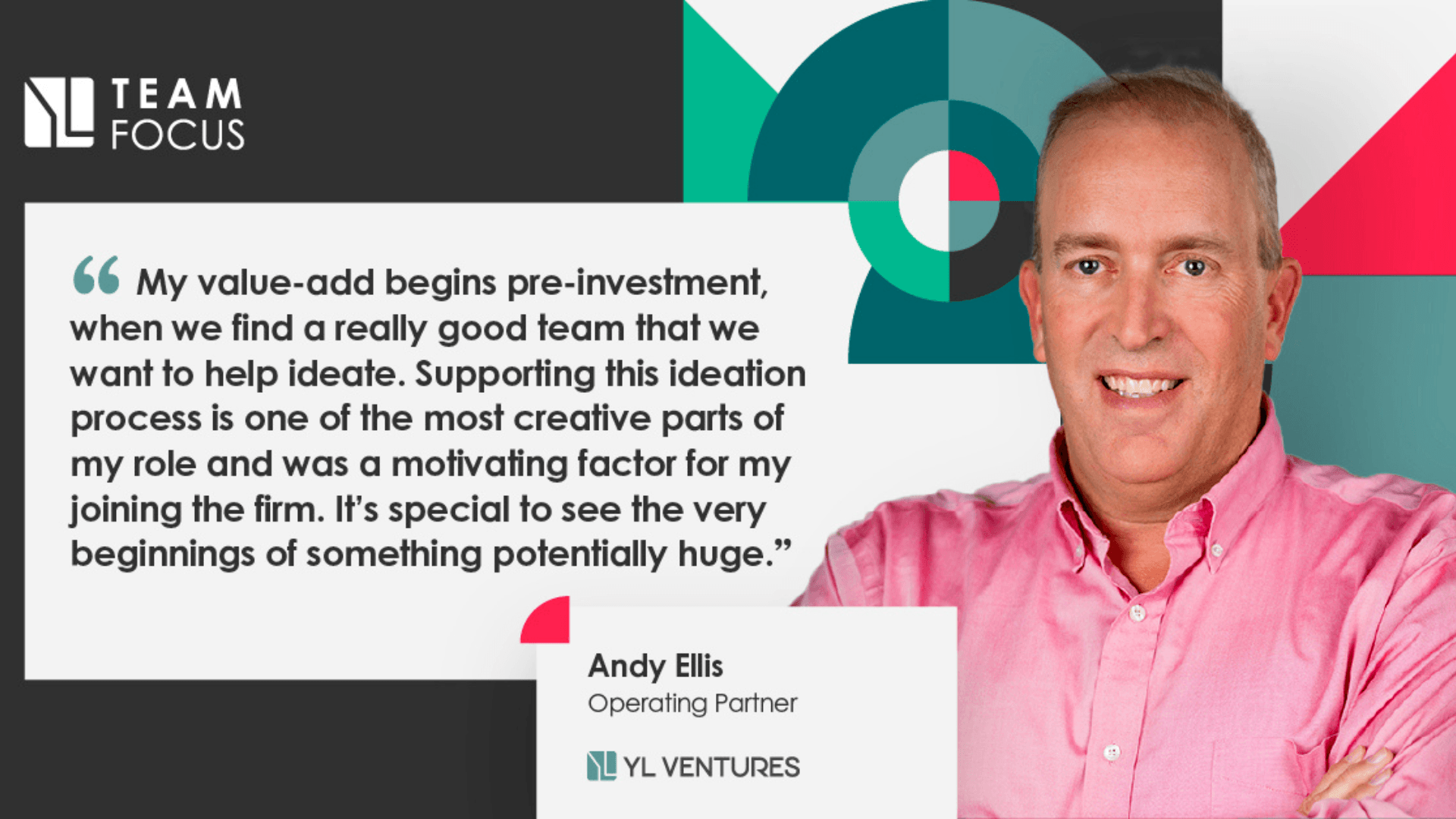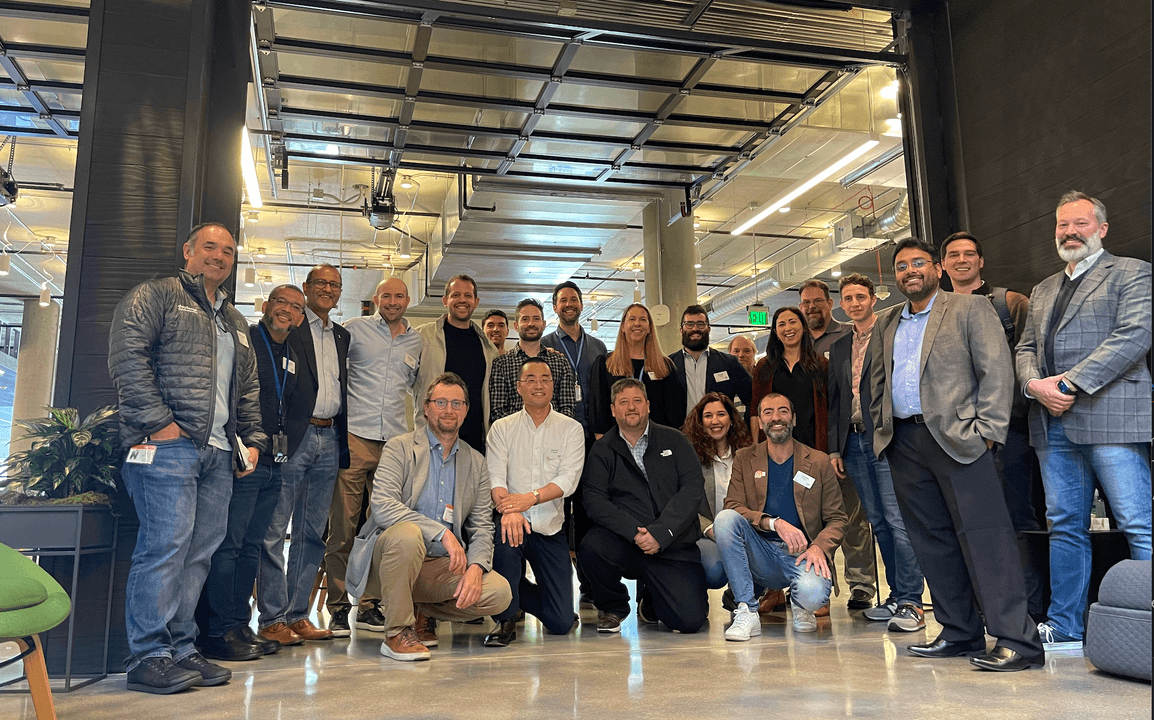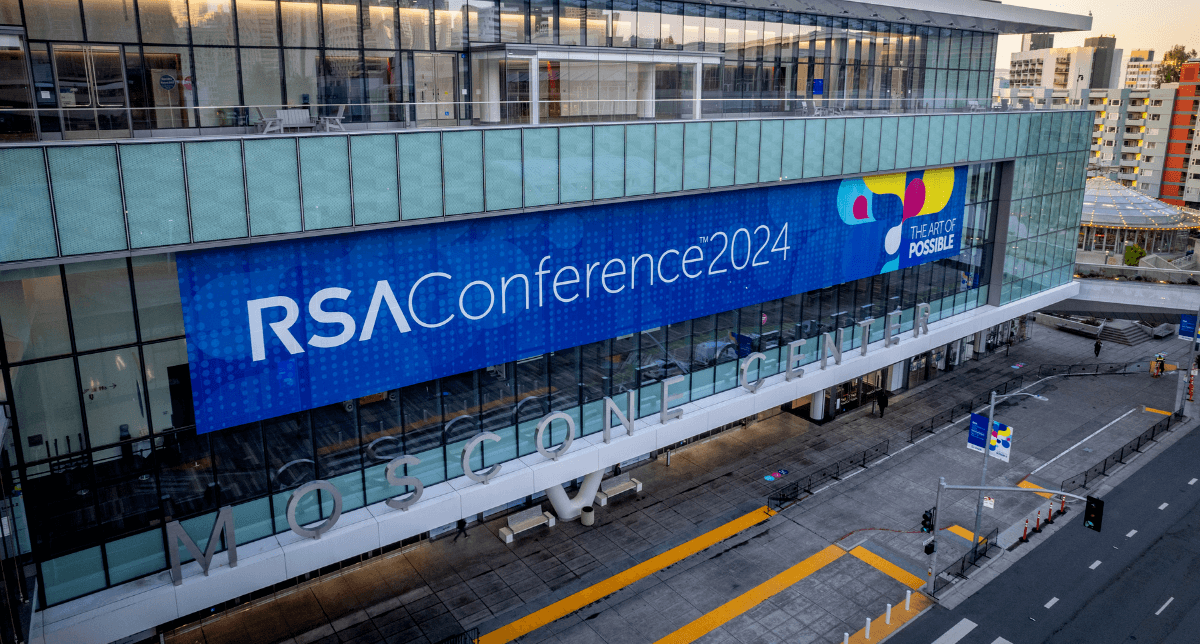YL Ventures Team Focus: Andy Ellis
Meet Andy Ellis, a man of many hats; he’s Operating Partner at YL Ventures, Operating CISO at our portfolio company Orca Security, Hall of Fame CSO, renowned author, and more. Today, we're seizing the opportunity to spotlight his work at YL Ventures and tactical support to our portfolio companies. How does his value-add support change over the course of a company's lifecycle? Find out here!
Open ModalAndy Ellis is a charismatic jack of many trades at YL Ventures, critically offering entrepreneurs who approach us with customer perspectives based on his former experience as a CISO.
Officially, he’s our Operating Partner, working closely with our founders to provide strategic and tactical value-add support, including go-to-market initiatives, product development and customer engagement. In this role, he also works with teams pre-investment on ideation, market validation and scaling. Unofficially, however, his incredible flair for writing and story-telling have made him a go-to source of support for YL Ventures’ Marketing team when working on its own value-add initiatives.
Clearly, Andy’s roles are as varied as his talents. We sat down with him to unpack them.
As a former CISO, what has your role as an early-stage cybersecurity investor taught you about the industry and its startups?
As an early stage investor, I have to take a lot more risk than I did as a CISO. I thought I was on the cutting edge as a CISO (I have the patents as evidence)! I was incentivized to develop and consider solutions as they were conceived. At worst, they didn’t deliver, but the payoff was better protection by keeping ahead of the threat landscape.
Engaging with such early stage companies as an investor carries way more risk. It often means investing in problem spaces that no one even believes there might be a solution for. Or investing in a solution that is attempting to break a lot of new ground alone. Of course, this is a calculated risk to reduce competition and why we conduct such extensive due diligence processes.
What is unique about working with Israeli cybersecurity founders?
Israelis really appreciate directness and, after working with them for decades, so have I. Our meetings have become far more productive ever since. This type of communication allows us to directly get to the point, discuss what I don’t like, and whether or not that’s going to be a universal experience or one that is unique to me.
I also admire that they’re always willing to test their assumptions once challenged. They never flinch from the truth. They simply adapt. That doesn’t mean that they immediately defer to authority and just agree with all criticism–much as I might sometimes prefer that. Again, however, I appreciate how they don’t waste time pretending to be in agreement.
How does your value-add work change over the course of a company’s lifecycle?
My value-add begins pre-investment, when we find a really good team that we want to help ideate. Supporting this ideation process is one of the most creative parts of my role and was a motivating factor for my joining the firm. It’s special to see the very beginnings of something potentially huge.
Once we’ve signed and an idea’s been set, I typically lean in on Product Marketing– supporting YLV’s marketing team and the company’s founders in building out the messaging, identifying product-market fit and testing out different pitches.
When the company is ready for its first customers, I serve as a nascent customer advisory board along with my fellow recovering CISOs at YL Ventures, Ryan Gurney and Frank Kim. I’m often the “User Acceptance Tester” for the company’s tools and dashboards, and I’ll try to identify what features will really help demonstrate value.
As YL Ventures’ companies mature, I often migrate into more of an executive coaching role, sometimes focused on leadership development, other times on specific skills around presenting or team management. A lot of the support I give there is captured in my new book, 1% Leadership, on sale April 18th.
What’s the best part of your job?
The best part of my job is getting to understand the same problem through so many different approaches and lenses–often with truly exceptional masters of the field. In a single day, I might speak to three different companies looking to resolve the same problem with three entirely unique solutions and proposed directions to take them. Not only is it fascinating, it’s also incredibly enriching.
Tell us about one remarkable event/incident that took place during your time at YLV.
Just one!?!? Well, the story of how I first met Orca is my usual go-to, but that was before I became an Operating Partner. So I’ll talk about an investment that left me surprised. The 30-second pitch I’d been given from our investment team didn’t really sell me on the idea, and I walked into the diligence meeting ready to rip it apart. But the founders ended up well-prepared, explained both their idea and how they’d build a market out of it, and really impressed me with the diversity of their experience. I’d tell you who it is, but they’re still in stealth in our portfolio!





